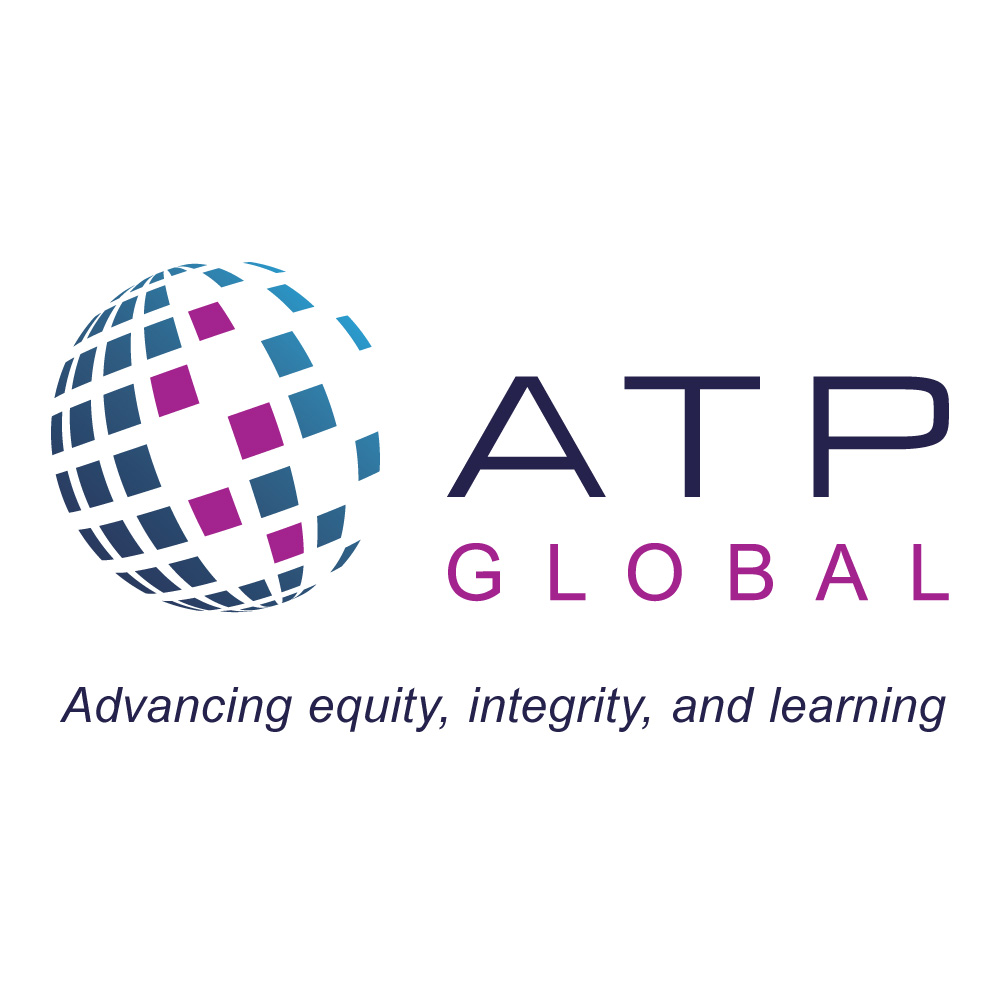
Welcome to ATP's Practice Area Divisions and Standing Committees
ATP is a diverse membership organization. It has five Practice Area Divisions, each focusing on a specific area of assessment, and a number of Standing Committees which serve to plan our conferences and focus on specific on-going issues related to the measurement and e-learning community.

CERTIFICATION/LICENSURE
Members of this division include publishers of professional certification and licensure exams, managers of information technology (IT) certification programs and test delivery channel vendors. For more information contact: Maria Incrocci
Education
The Education division of ATP includes organizations engaged in the educational testing industry from K through 12 school systems to higher education to corporate training programs. The Education division promotes good testing practices and stresses the importance of assessment as an integral part of the educational process. For more information contact: Tracy Nicholson
Industrial/Organizational
This division of ATP concentrates on the development of quality assessment tools for selection, placement, classification and promotion of working individuals. Members take an active role in creating and promoting best practices that affect test use within private and public organizations. For more information, contact the Chair, Dawn Lambert
Workforce Skills Credentialing
Members of the Workforce Skills Credentialing Division have an interest in advancing credentialing assessments which document the mastery of specialized industry knowledge; possession of key job-related skills, abilities and occupational personality traits; and possession of job-relevant competencies as part of a personal career development portfolio and/or required as part of a corporate credentialing program. For more information, contact the Chair, Ashley Norris
ATP also hosts a number of standing committees which assist in carrying out the many different aspects of ATP's mission:
The ATP Security Committee
The ATP Security Committee is a standing committee created for the purpose of providing ATP members with the means to address and provide guidance on current and future test security issues. This committee provides leadership and direction in recommending standards and best practices in the area of test security. For more information, contact the Chair, Marc Weinstein
The ATP Innovations in Testing Conference Committee
The ATP Innovations in Testing Conference Committee is a standing committee created for the purpose of guiding and implementing the annual, U.S.- based Innovations in Testing conference. The committee is comprised of volunteers representing all of ATP's divisions who work with ATP's contracted meeting planners to direct the content, format and vision of each conference. For more information, contact the Chair, Bridget Herd
The E-ATP Steering Committee
The E-ATP Conference Committee is a standing committee created for the purpose of guiding and implementing the annual, European-based conference, Growing Talent in Europe: Gaining Advantage through Assessment. The committee is comprised of volunteers representing the E-ATP division who work with ATP's contracted meeting planners to direct the content, format and vision of each conference. For more information, contact the Chair, Chelsea Dowd
THE EQUITY COMMITTEE
The Equity Committee's role is to inform ATP Members as well as the broader testing community of strategies and best practices for equity and fairness in testing as well as to stimulate dialogue to encourage innovative approaches to diversity, equity and inclusion in testing. For more information visit the DEI webpage . Questions? Contact Committee Chair, Alex Casillas
THE TECHNOLOGY-BASED ASSESSMENT GUIDELINES COMMITTEE
The purposes of the Guidelines for Technology-Based Assessment are to provide information about the key factors and issues to consider when designing, delivering, and scoring tests via digital platforms and to provide guidance to test developers, test administrators, and test users on how best to ensure fair and valid assessment in a digital environment. The goal of these Guidelines is to promote best practices in test development, administration, and scoring to facilitate fair and valid measurement of the knowledge, skills, abilities, and other characteristics (KSAOs) targeted by contemporary assessments used by professionals around the world. As a guidelines document, the purpose is not to specify mandatory practices but rather to inform users about issues and considerations in applying technology- based assessment (TBA). The purpose of the TBA Guidelines Committee is to continually foster conversations around the use of these Guidelines and to ensure that the Guidelines are updated on a periodic basis so as to keep them meaningful and relevant. This work is done through the creation of blogs, educational sessions, periodic reviews and the creation of dialogue opportunities. For more information visit the ITC/ATP TBA Committee webpage or contact the Chair, John Kleeman
THE MARKETING COMMITTEE
The ATP Marketing Committee will operate separately from the ATP Conference Marketing Committee. The proposed Marketing Committee will consist of 8-10 marketing leaders from the member organizations that would meet monthly to focus on marketing opportunities throughout the year, which may include cross-conference sharing and standardizing, marketing of the Learning Academy, post-conference efforts, ongoing educational opportunities, webinars, social media, and any other content related marketing efforts. Sub-committees may be formed initially within the committee to provide the appropriate level of focus for some of the initiatives. This committee will report directly to the ATP Board of Directors. For more information, contact the Chair, Andrew Cantine.
|